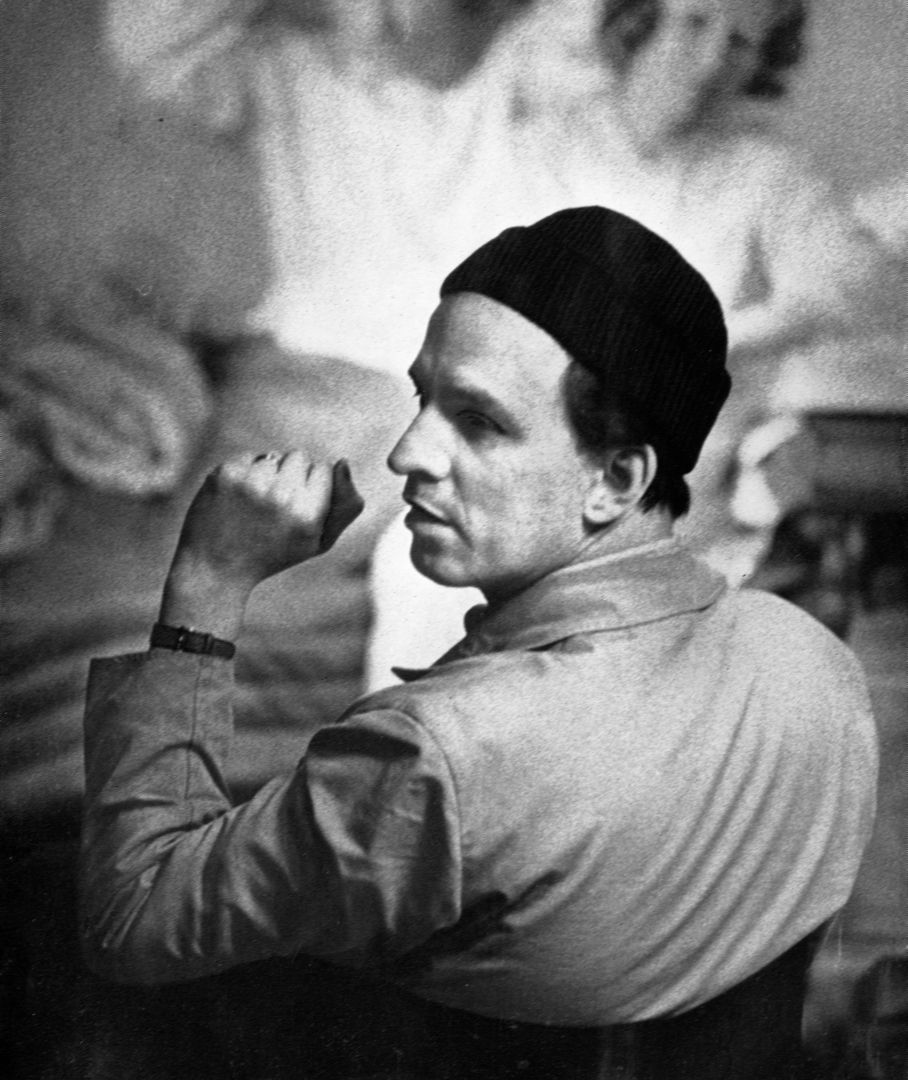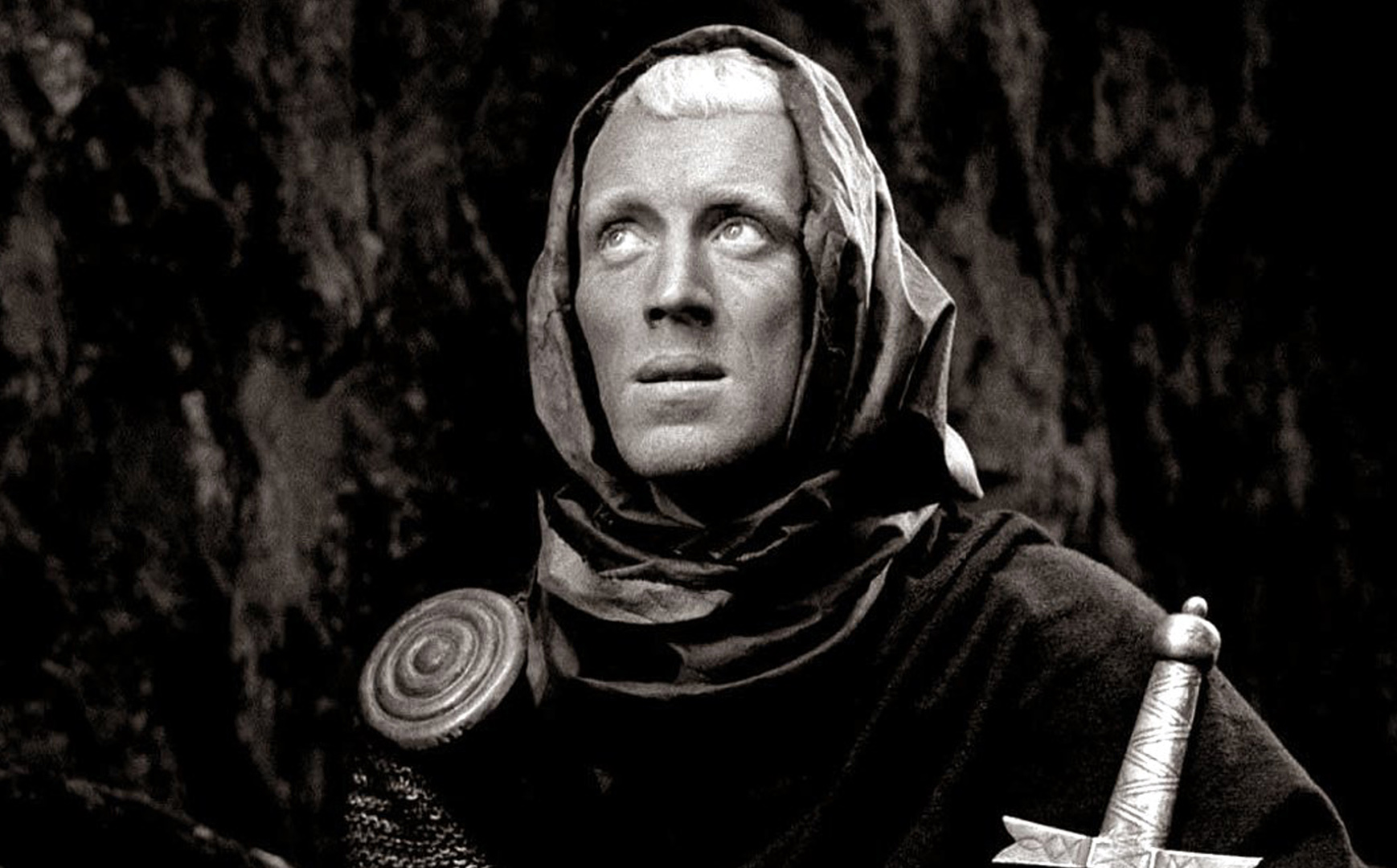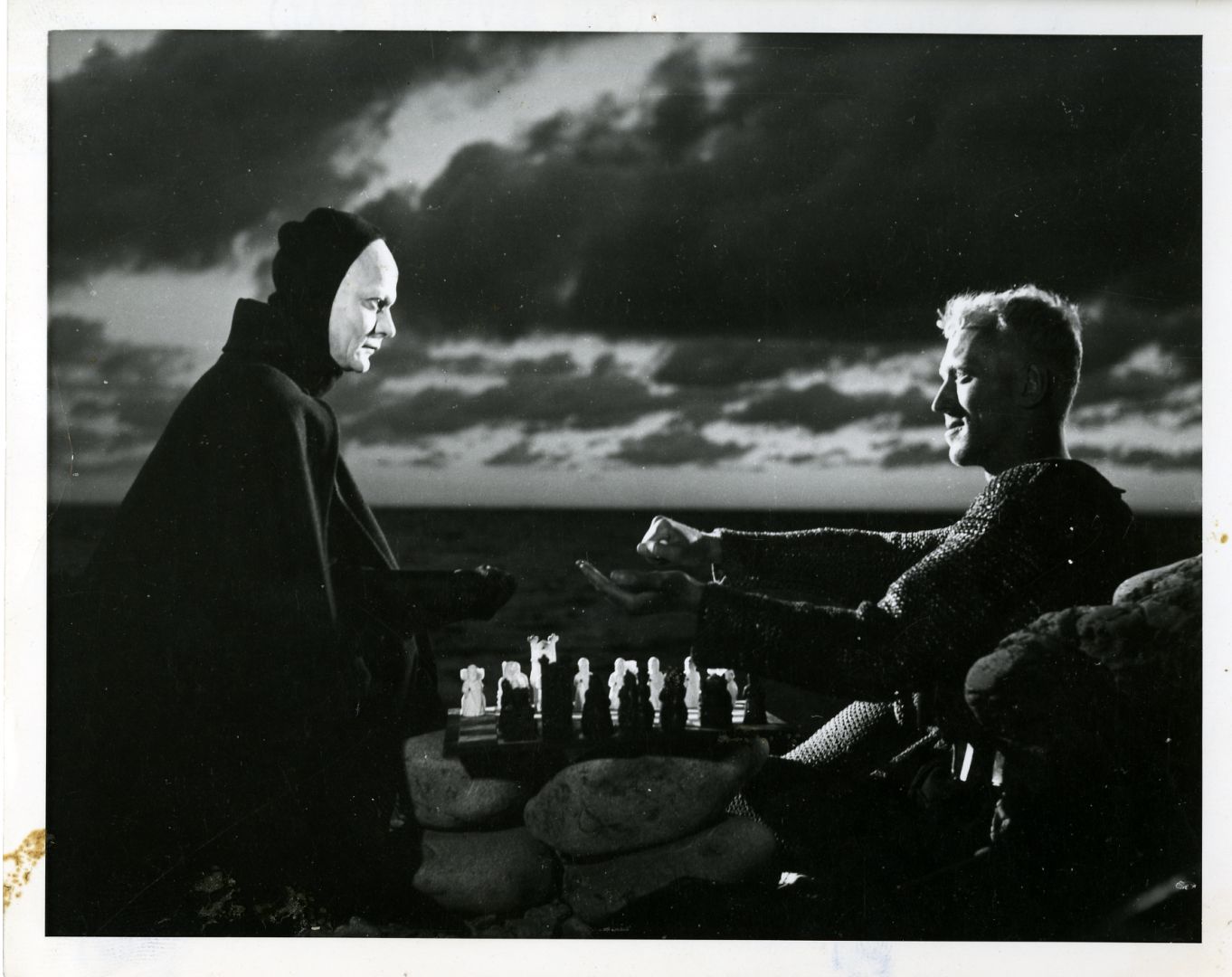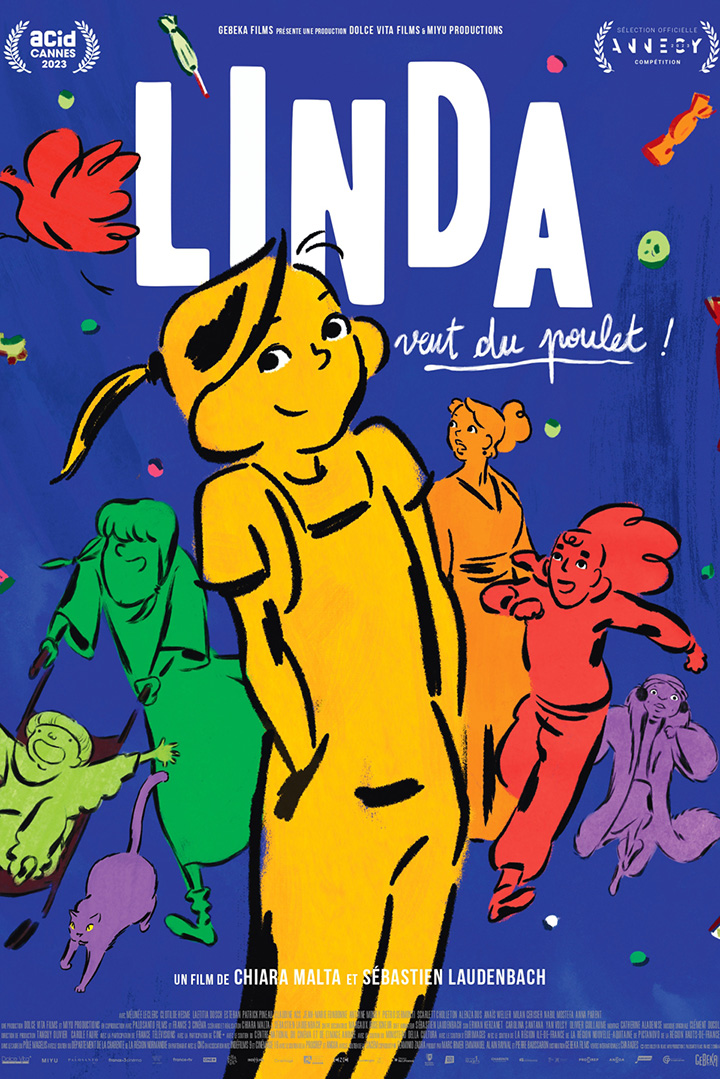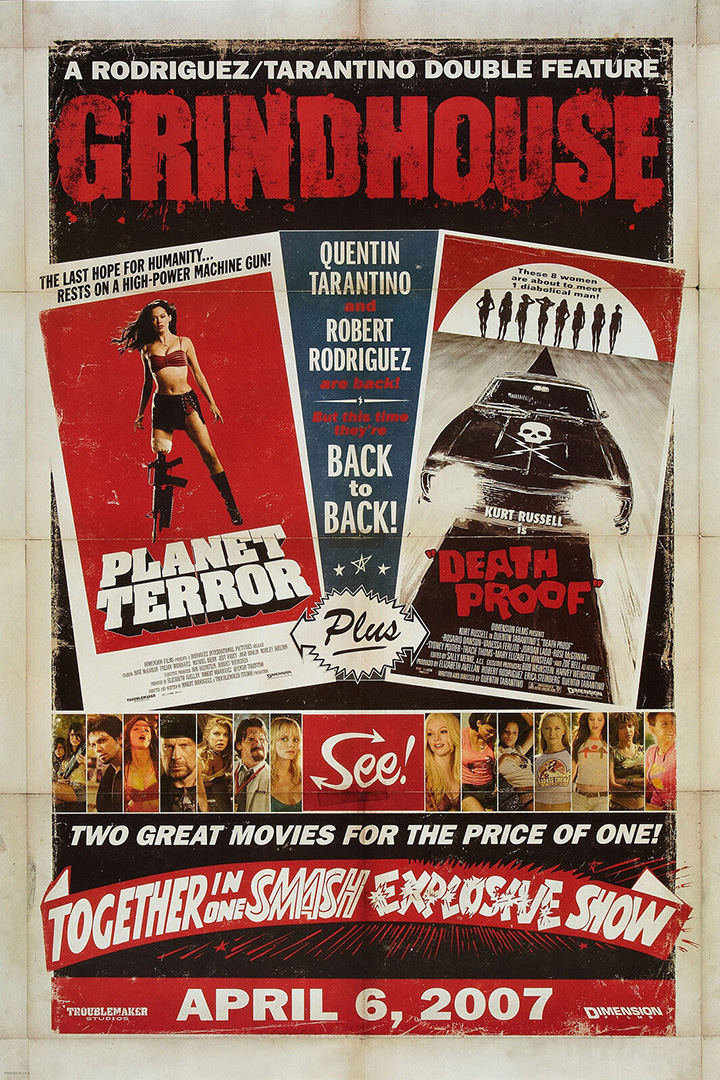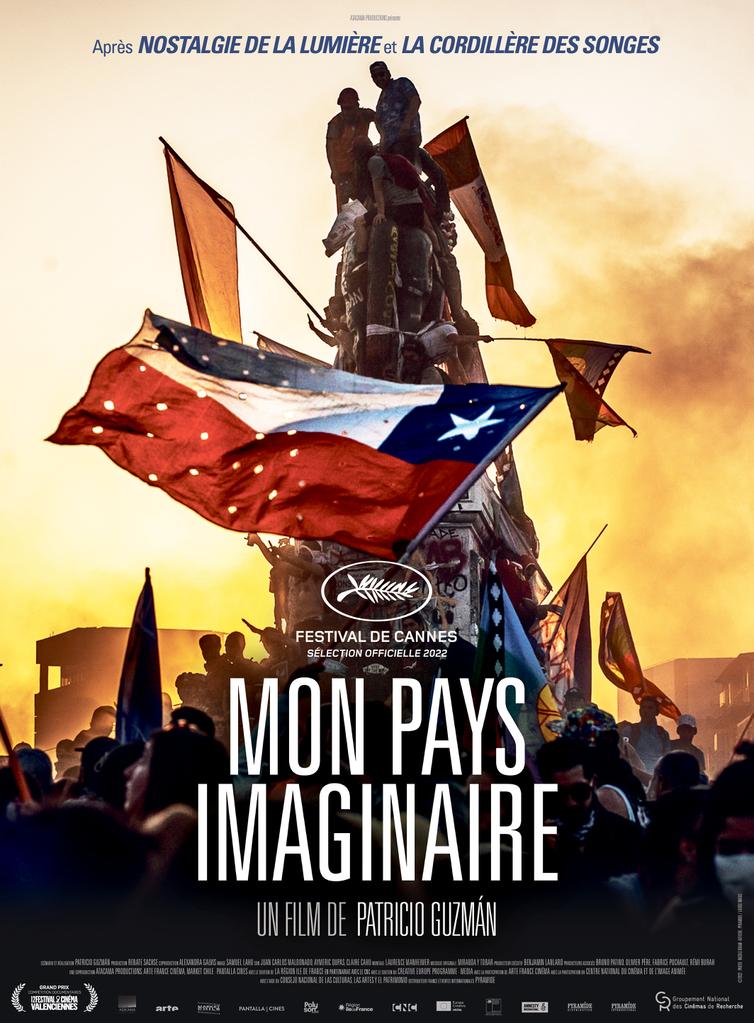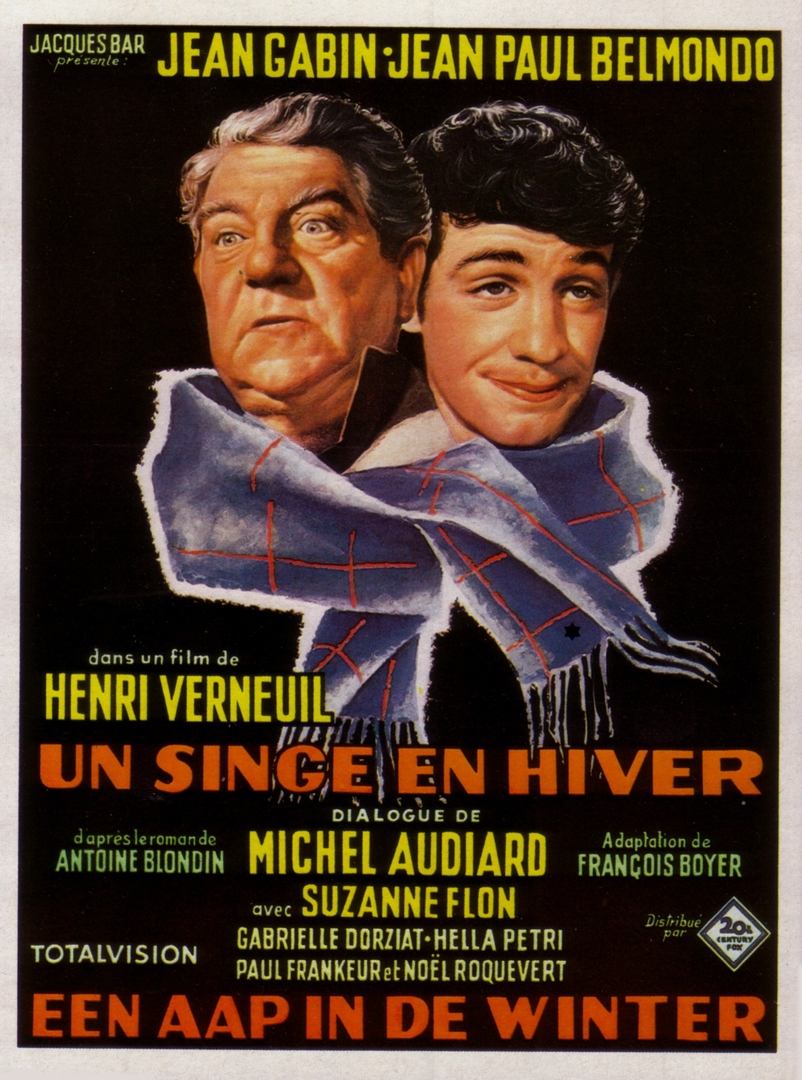The Seventh Seal
Making lists is an activity moviegoers are fond of. Every year, the same ritual: compilation of the ten best films, with comparative analyses, debates, heated discussions. But what about the ultimate list of the most outstanding films in the history of cinema? That is to say, those films that must be seen, those that have forever transformed the art of cinema, but also our way of seeing a culture, of understanding the world as well as our own lives? This program aims to tackle this challenge with nearly eighty films, produced between 1916 and 1960, while waiting for your lists!
With this film, Bergman directs his work towards philosophical and religious meditation. He places himself in the legendary Middle Ages of the Dance of Death and religious mysteries.
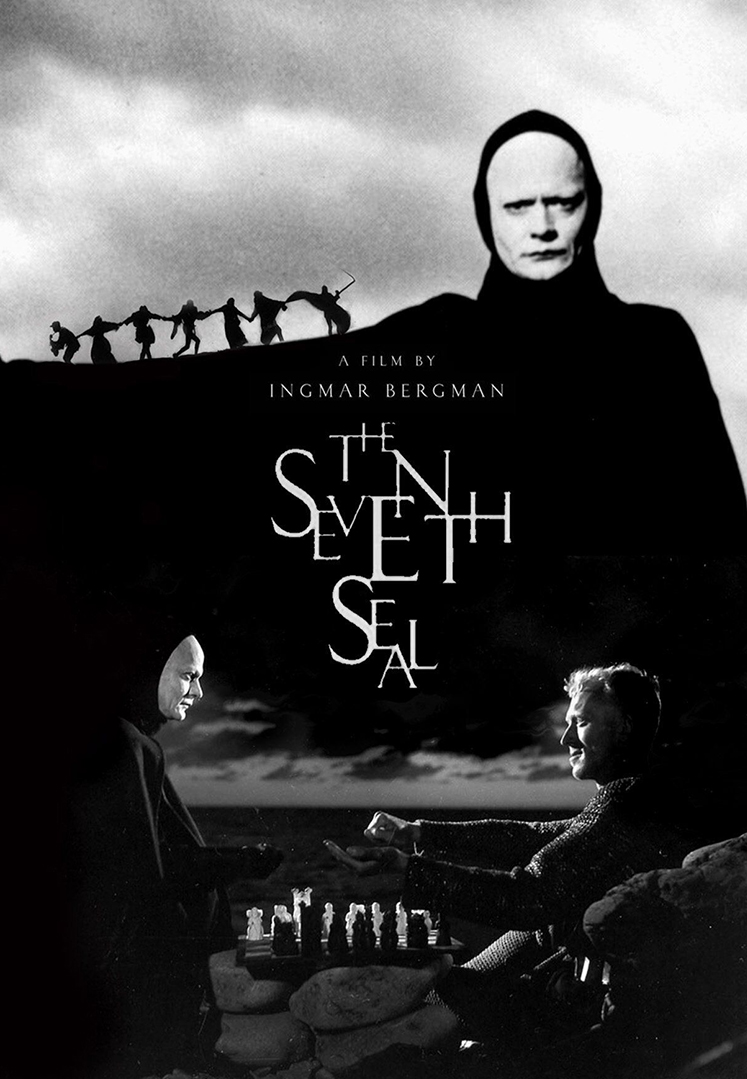
Ingmar Bergman
Ernst Ingmar Bergman (14 July 1918 – 30 July 2007) was a Swedish film director, screenwriter, producer and playwright. Widely considered one of the most accomplished and influential filmmakers of all time, Bergman's films are known as "profoundly personal meditations into the myriad struggles facing the psyche and the soul.
